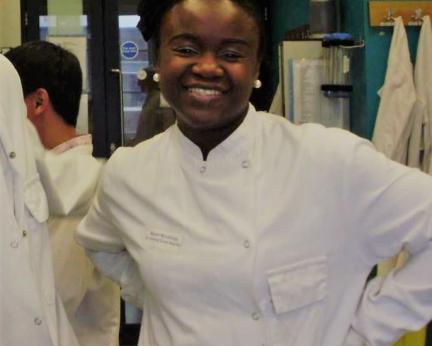I hope to continue developing my skills as a senior healthcare scientist and apply for leadership roles in the near future. I recently attended an interview for the Chief Scientific Officer (CSO) WISE Fellowship Programme.
My career goals for the next five years involve continuous professional development (CPD) through evidence-based practice. My ambition is to progress to senior management level with the aim of making a positive and effective contribution to the biomedical science workforce by contributing through a professional body in influencing policies.
One of the steps I've taken to reach my goals is studying for the IBMS higher specialist portfolio in virology, coupled with my roles as a CPD officer and a mentor.
I would encourage people considering my role or area of work to keep believing in their abilities. They can achieve whatever they put their mind to do, with the right resources/information, positive attitude and perseverance.
Don’t be afraid to ask questions even if they sound stupid to you. You can only acquire knowledge when you seek it. Aim high and don’t allow any outdated norms to navigate you off course!
To be suited to this role, you need to be articulate, passionate and open-minded.





